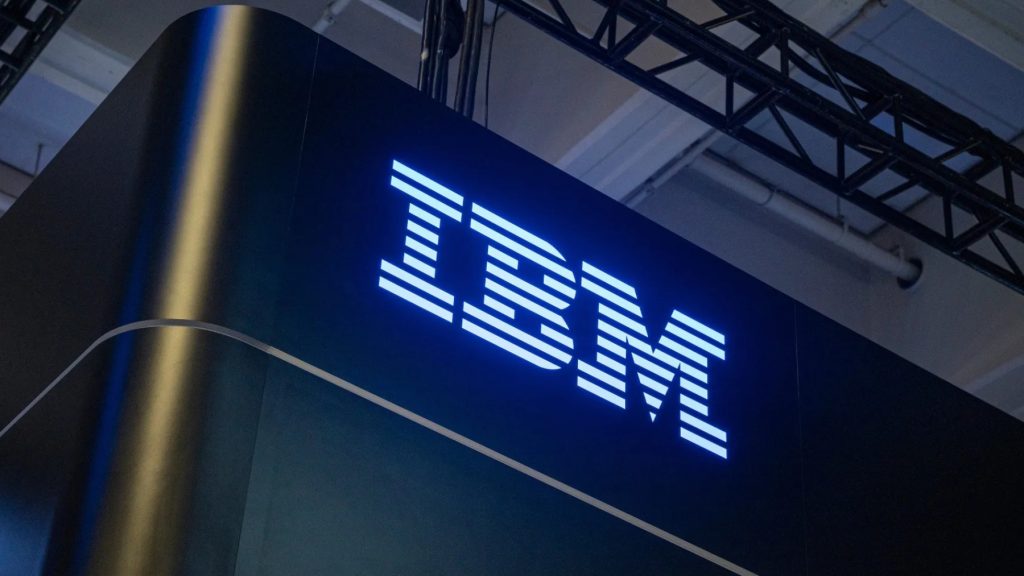IBM is one of the largest, oldest tech companies in the world, and they have managed to stay on top of their competitors by always adopting the latest technologies and making them theirs, integrating them seamlessly into their operations. Of course, Artificial Intelligence (AI) and the automation that it brings is no different, but this time it is having an unexpected internal impact, it has caused them to let go of around 8,000 people, most of them from the Human Resources department.
Whenever new technology arrives, there are some changes to the workforce, but this time around the changes have come a lot faster than expected and not necessarily in the department that most people would think about, Thanks to their new AI powered system AskHR 94% of routine HR work is now automated and handled without needing human input. Vacation requests, payroll, and managing internal paperwork, all repetitive and mindless work that no longer needs to be taken care of has freed up a lot of resources for the company.
IBM’s approach to AI technology
But while the HR department may have shrunk, the saved billions of dollars are being put to good use if CEO Arvind Krishna is to be believed. As he explained, thanks to AI technology IBM is freeing up resources to hire more people in areas that demand real human skills, like creativity, problem-solving, and people-facing roles.
Krishna told The Wall Street Journal “While we have done a huge amount of work inside IBM on leveraging AI and automation on certain enterprise workflows, our total employment has actually gone up, because what it does is it gives you more investment to put into other areas.”
The areas he is expanding include software development, marketing, and sales. According to Krishna this is a transformation, not a job apocalypse, and it is not about cutting costs, it is about distributing money differently to make the whole company more efficient.
Thanks to automation, IBM has improved operations in over 70 different business lines, freeing up resources. But they are not the only company that is using this new tech to improve operations, although most companies are taking a slower approach. Across the tech world, businesses are being cautious about growing headcounts as they test the waters with AI and automated systems and while we have yet to see mass layoffs, there is a shift happening, especially in IT, where some people are leaving the field altogether as the job landscape changes.
Krishna was upfront about what he sees coming in the industry. He warned that AI could potentially lead to a “serious employment crisis,” especially in white-collar sectors where automation can take over routine desk jobs. This week, during IBM’s Think conference in Boston, the company rolled out new services to help businesses create their own AI agents. These tools are designed to work alongside AI systems from companies like Amazon, OpenAI, Nvidia, and Microsoft.
Krishna emphasized that IBM is not trying to lock anyone into their system. “We want you to use what’s appropriate,” he said, keeping in line with IBM’s usual “use what fits” approach, whether it’s with cloud services or AI tools. That is why IBM is also focusing on helping other companies implement their own AI tech, having already landed $6 billion in consulting contracts from businesses looking to tap into generative AI.
But not all news are good news, as this new consulting part of the business is sensitive to broader economic conditions. Tariffs, for example, could slow down client spending in consulting.
“If the impact is within three to four percent, you actually can grit and manage through it,” Krishna said. “If the impact is going to be more like 10 percent, then that requires a lot more hardheaded management decisions.”

